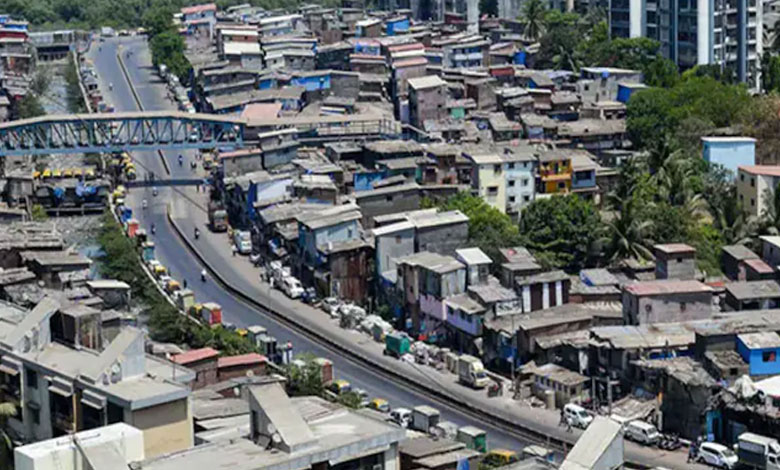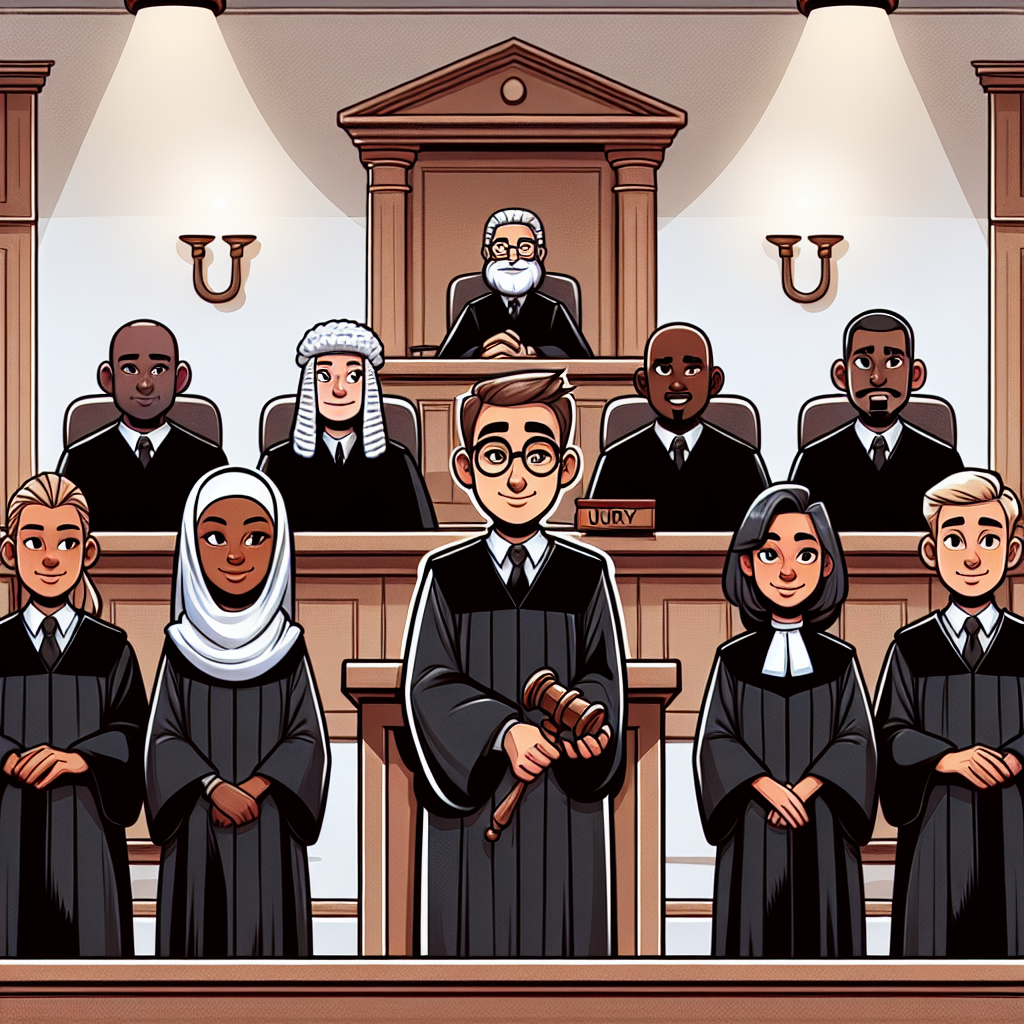
Save articles for later Add articles to your saved list and come back to them any time. I’ve now been a mother for 12-and-a-half years. My daughter – my only child, born in my late 30s – has been an extraordinary joy in my life.
She’s also been a wrecking ball through that life, obliterating most of its previous landmarks and topography. But this is her final year of primary school, which means that come January (or is it February? Term dates have always been beyond me), I’ll be entering a whole new era of destruction: high school. Credit: Illustration by Simon Letch That first transition – from non-mum to mum – was obviously a shock.

I was so ancient when I had my daughter that my former life – gadding about like Bertie Wooster and entirely pleasing myself – was one I’d perfected over many years, in which my greatest decisions were whether to read my novel in the bath or in bed; whether to sleep in till midday or stay out all night; whether to bother with a proper dinner or just eat another 20 canapés. Then everything changed, and there I was, lying on the floor with a tiny new human, exhausted from carrying her but unable to figure out how to make the Baby Bjorn work, and therefore unable to leave the house (she screamed like a banshee if she was put in the pram). That was just one day, of course – and her dad came home eventually with his engineering degree and figured it out – but for years, my two lives, PM and AM (pre- and after- motherhood), were as unalike as, well, night and day.
The concepts of reading a book or eight hours’ sleep seemed as remote as the moon. My canapé consumption, needless to say, dropped to zero. And yet I remember that whole period with pleasure, because I was so entranced by her.
A few months after she was born, I Googled “what to do if you love your baby too much”, because I was, frankly, alarmed by how much I adored her. As she hit toddlerdom, I relished all the day-to-day mum stuff: for years, the only clothes I ironed were hers (some of which I even made myself, like some kind of crazed after-hours Laura Ingalls Wilder wannabe. But, in my own defence, have you seen those Liberty prints? I mean, how could you not?) I loved the parenting mysteries of how to get the knots out and keep her alive crossing roads and effectively label Tupperware.
As the primary school years passed, the details changed – YouTube shorts rather than Peppa Pig , açai smoothies rather than Chupa Chups – but the feeling did not. A few years ago, I thought I might have a brain tumour; as I went into the MRI machine the thought that comforted me was, “Well, at least it’s not her.” Even now, certain pictures of her on my phone (which she has, solipsistically, somehow organised into an endlessly spooling reel I cannot get off my home screen) still make my eyes well with tears.
And now these primary days are ending, and I have no idea what will happen next. We are getting close to the last time she will walk with her dad up the street to school; the last time we will sit on the plastic chairs (or, because we’re always late, stand on the steps at the back) at assembly; the last time I will, by any stretch of the imagination, be able to think of her as little. When she goes to high school, will she go into her bedroom and shut the door for six years, then emerge as an adult, ready to leave and do something unbearable, like have her own life, away from me? Someone once said the tragedy of parenthood is the fact that your love for your children never changes: whereas they grow up and away from you, you’re stuck forever loving them as utterly as you did when they were tiny dictators with Milly-Molly-Mandy haircuts.
This is, frankly, a terrifying prospect. But on the weekend, I had a strange experience that made me think there might be another path. I was at a concert, listening to a classical music piece called Hirta – the Gaelic name for a Scottish island called St Kilda, 40 nautical miles beyond the Outer Hebrides in the North Atlantic ocean – when I suddenly had the powerful sense that I was deep under water, swimming upwards towards the air.
I spent a fortnight on St Kilda in my early 20s, long, long before my daughter was born – when I could barely think of myself as an adult, let alone a mother. It’s uninhabited except for a species of wild sheep and hundreds of thousands of seabirds, and it has the highest sea cliffs in Britain. I never swam there (it’s the North Atlantic – you’d have to be mad) but it’s a place where I had a weirdly clear experience of being, well, myself.
You know how sometimes that happens? I think it’s often when you’re alone, and out of your comfort zone but intensely happy, or at least intensely involved in whatever’s happening at that moment, and you feel a kind of certainty: “Yes. This, right now, this is who I am .” I had that feeling on St Kilda.
And in the concert, I suddenly had a sense of coming up from the deep; of returning to something that felt like that: Here I am . I’m still here. I’ve been here all this time.
It was so striking, I mentioned it to the friend I was with – it felt like the moment you break the surface after a scuba-dive. The dive might have been fantastic, you might have loved every minute, but now you’re back in your own world. And since then, a flood of other thoughts has returned: how I always wanted to live overseas again; the dream I had of buying a studio flat in a glamorous city; that I once imagined taking a year off to write a book.
(Did I mention that becoming a mother also introduced me to the bright new world of total penury, which is, in its own right, the winged merchant of doom for most dreams?) I still have no money, of course, and my life has changed in ways other than child-rearing, but to my surprise, the dreams are still there, perfectly preserved under the geological layers of mother-muffling. I remember them; I remember what it feels like to have them. The whole thing feels weirdly like coming home.
So maybe the brave new world of high school might have some familiar landmarks, as well as a lot of wild and unexplored territory. For me, as well as for her. There might be late nights; there might be loud-checked suits.
There might even be canapés. To read more from Good Weekend magazine, visit our page at The Sydney Morning Herald , The Age and Brisbane Times ..











